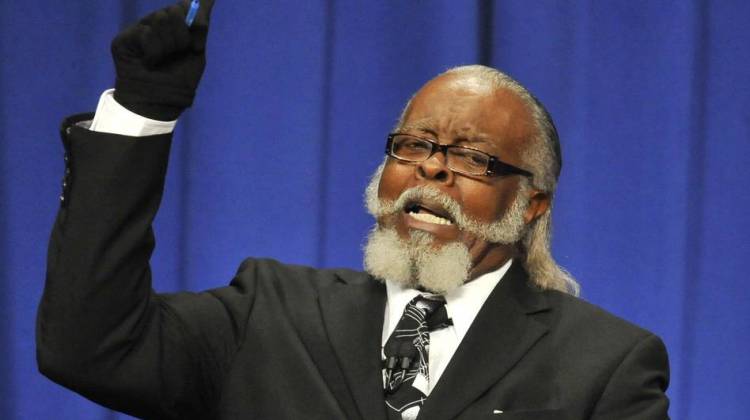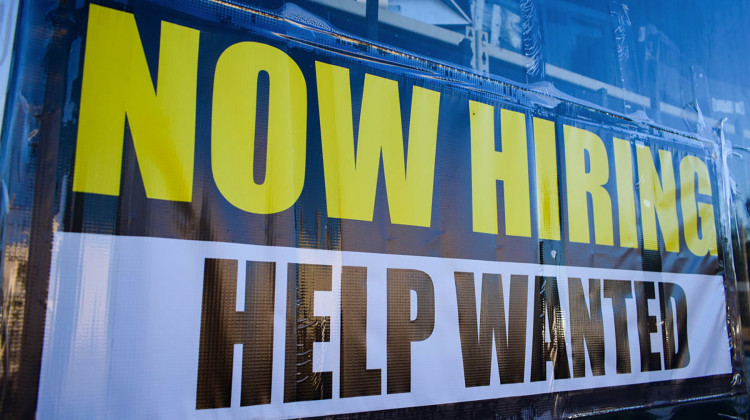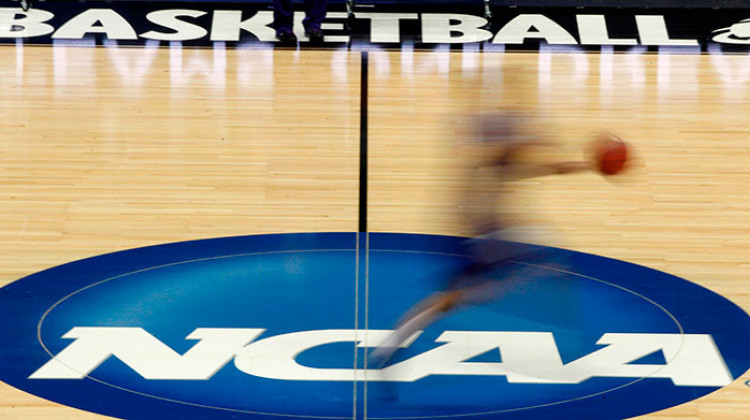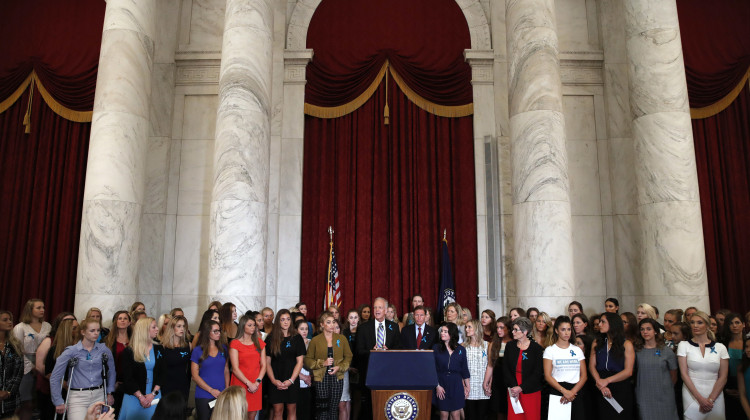Back in 1995, more than half of all people of color rented their homes — almost twice the proportion of white renters. Then the Clinton Administration pushed policies to bolster homeownership rates and those numbers began a gradual, decade-long decline. The number of people of color renting fell below 50 percent. This coincided with an increased willingness by lenders to extend credit including to subprime borrowers.
But after the housing market imploded those rental rates began creeping up again across the board as unemployment increased, new credit dried up and banks foreclosed on bad mortgages. Others who previously might have bought homes now feared for their jobs or saw ownership as too much of a risk in a tanking market.
According to a new report from Harvard University's Joint Center for Housing Studies, a growing number of Americans are currently facing a different kind of housing crunch. Now not only is homeownership out of reach (given lender requirements for larger down payments) but the monthly rent swallows ever-larger portions of their paychecks.
The study found more than half of all black and Latino renters pay more than 30 percent of their income in rent, which is the traditional threshold for housing affordability. Spend more than that percentage of your salary on housing and you likely will find yourself skimping on other expenses.
(Nearly three in 10 of all renters spent more than half of their incomes on covering their housing costs. Not surprisingly, those people tend to cluster at the bottom of the socioeconomic ladder.)
In general, those who rent tend to make less money, which makes sense. A higher income means you have a better chance of saving up money for the down payment on a home and are more likely to qualify for a mortgage. "People of color are more likely to have lower incomes. And lower-income households have fared quite poorly [as rents have risen]," say Chris Herbert, the lead researcher on the project.
The racial skew in the rental market underscores the wide disparities that remain in homeownership. (As ProPublica's Nikole Hannah-Jones pointed out to us last week, that isn't an accident.)
Herbert said that 59 percent of black renters were paying rent at higher than that 30 percent threshold, while 58 percent of Latinos were. That's compared to 46 percent of whites.
But why is this happening? The researchers said that the cost of renting an apartment has crept up over the last two decades at the same time that the real income of renters has declined.
And for people at the bottom end of the socioeconomic ladder, the surging demand for affordable housing is running up against a lack of supply. More than eight in 10 people with incomes below $15,000 were paying rent north of that 30 percent threshold.
"It's a challenging problem that has been growing over a long period of time, so there's not necessarily an easy solution or even a single solution," Herbert said.
He said that building more rental housing might alleviate pressure on rental prices, but only at the margins. A more effective approach, he said, would be providing work at incomes where people could make ends meet.
Herbert said that as housing swallows up an ever-larger slice of renters' incomes, people are cutting back on other things like food, transportation, healthcare and retirement savings.
Surprisingly, the rising cost of rent hasn't resulted in a sharp uptick in the country's level of homelessness, Herbert said; federal intervention has helped hold the line.
"In the rental market, everybody is facing a tough time," Herbert said.
9(MDEwMDc1MzM3MDEzNDczOTA0MDc1MzViMQ001))
 DONATE
DONATE








 View More Programs
View More Programs

 Support WFYI. We can't do it without you.
Support WFYI. We can't do it without you.